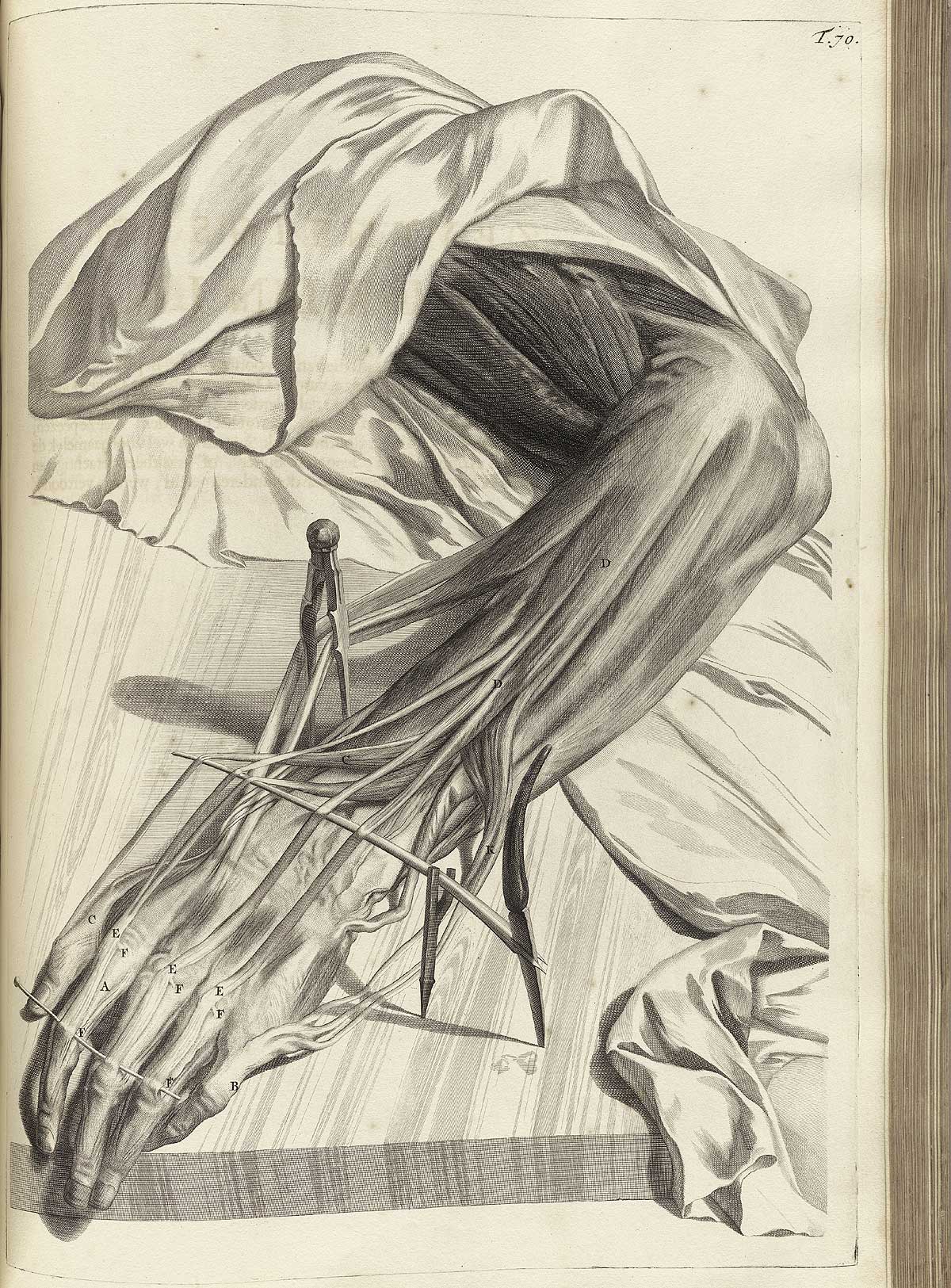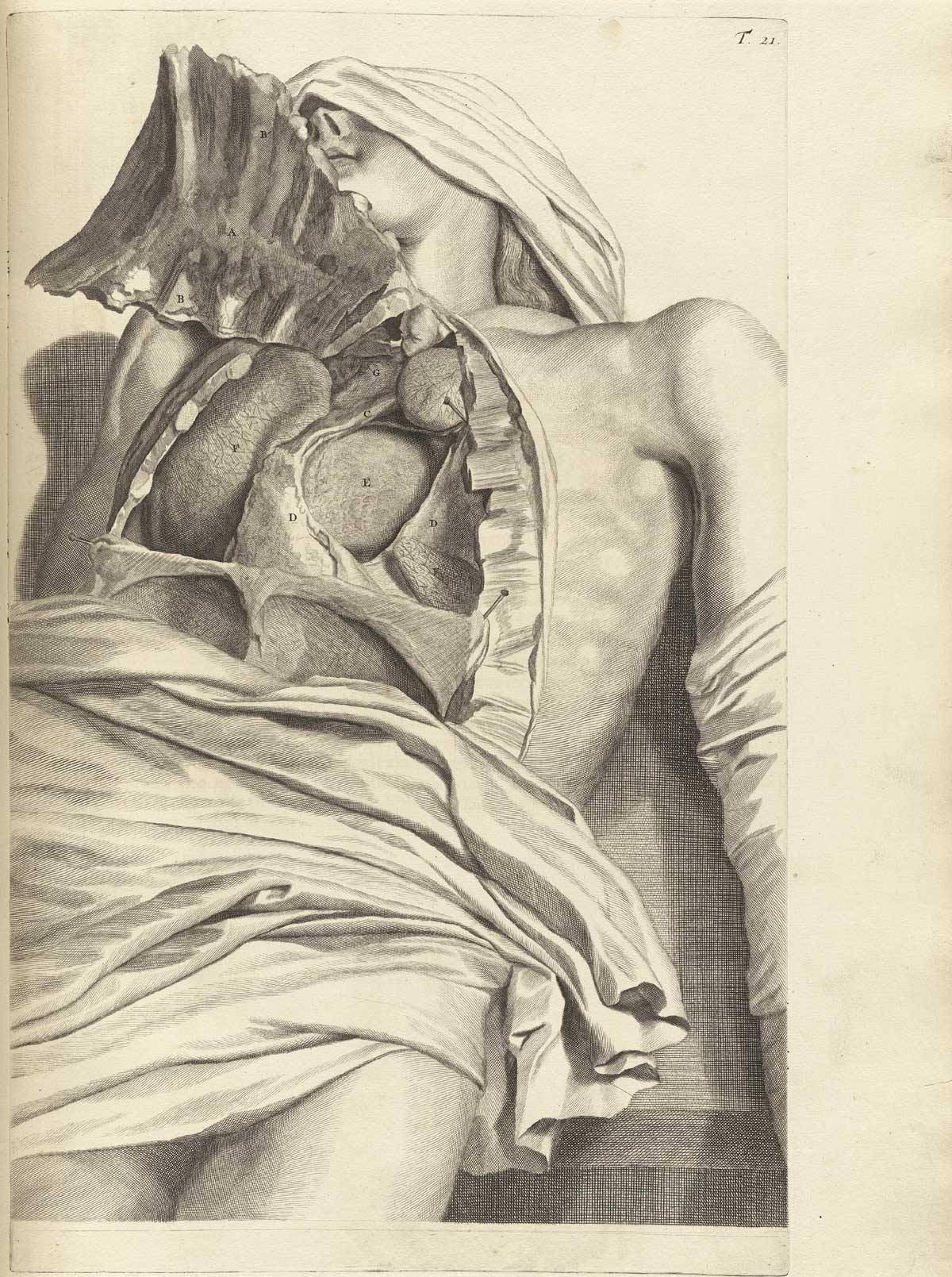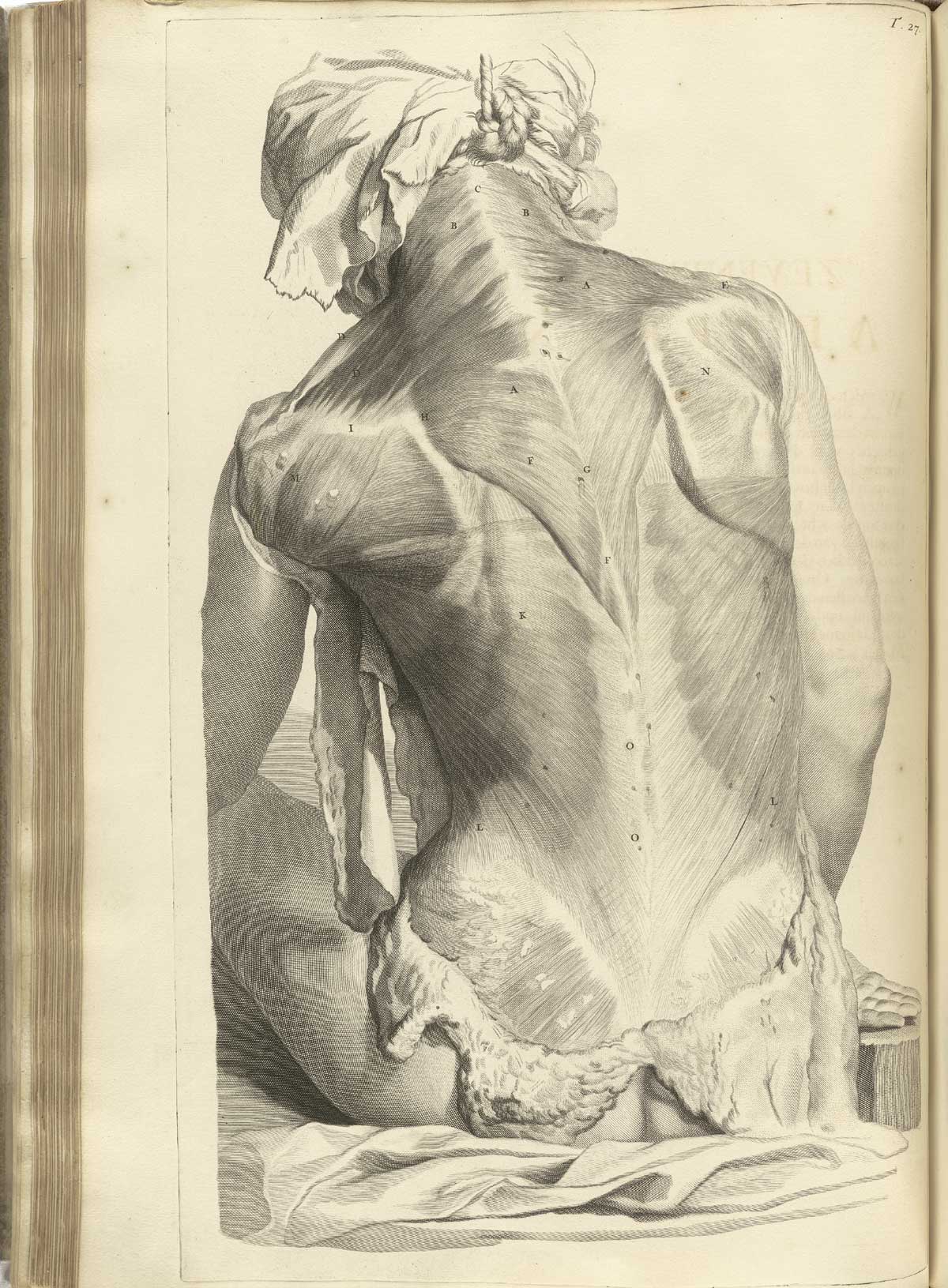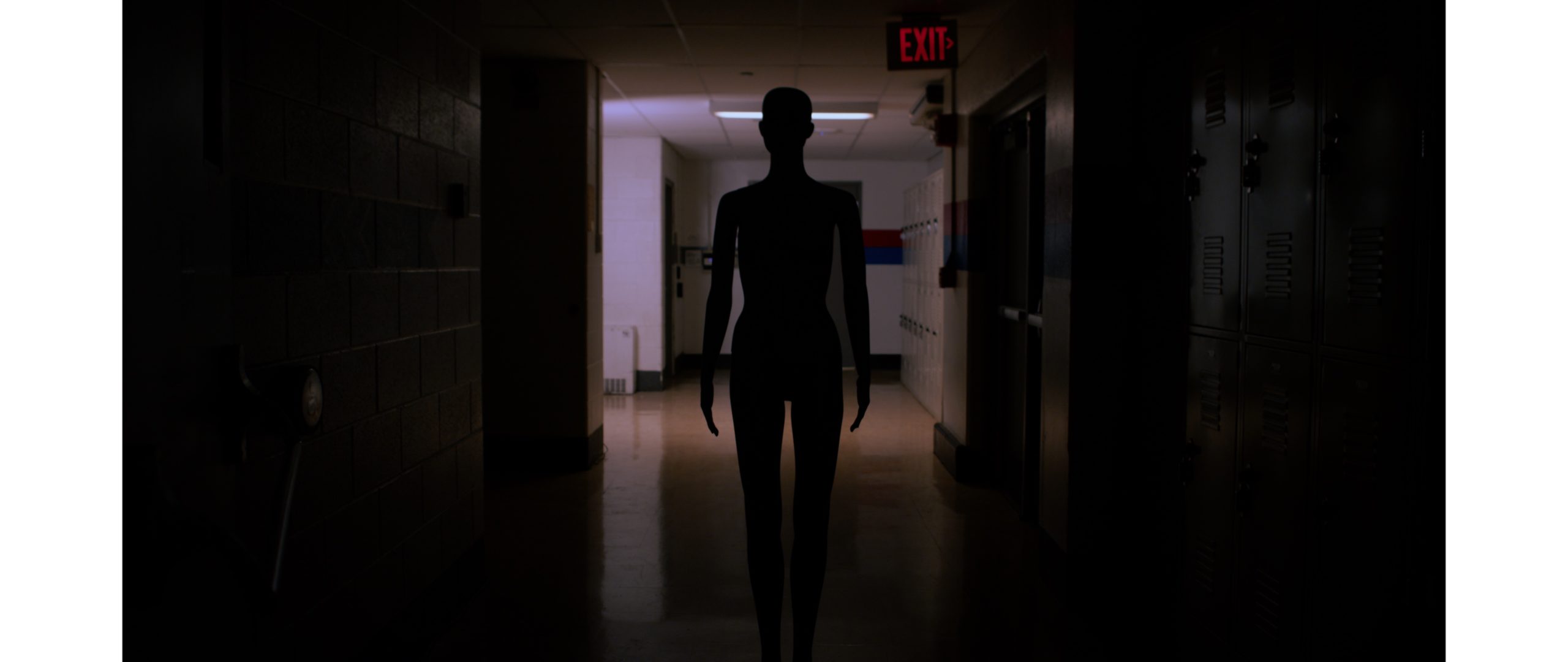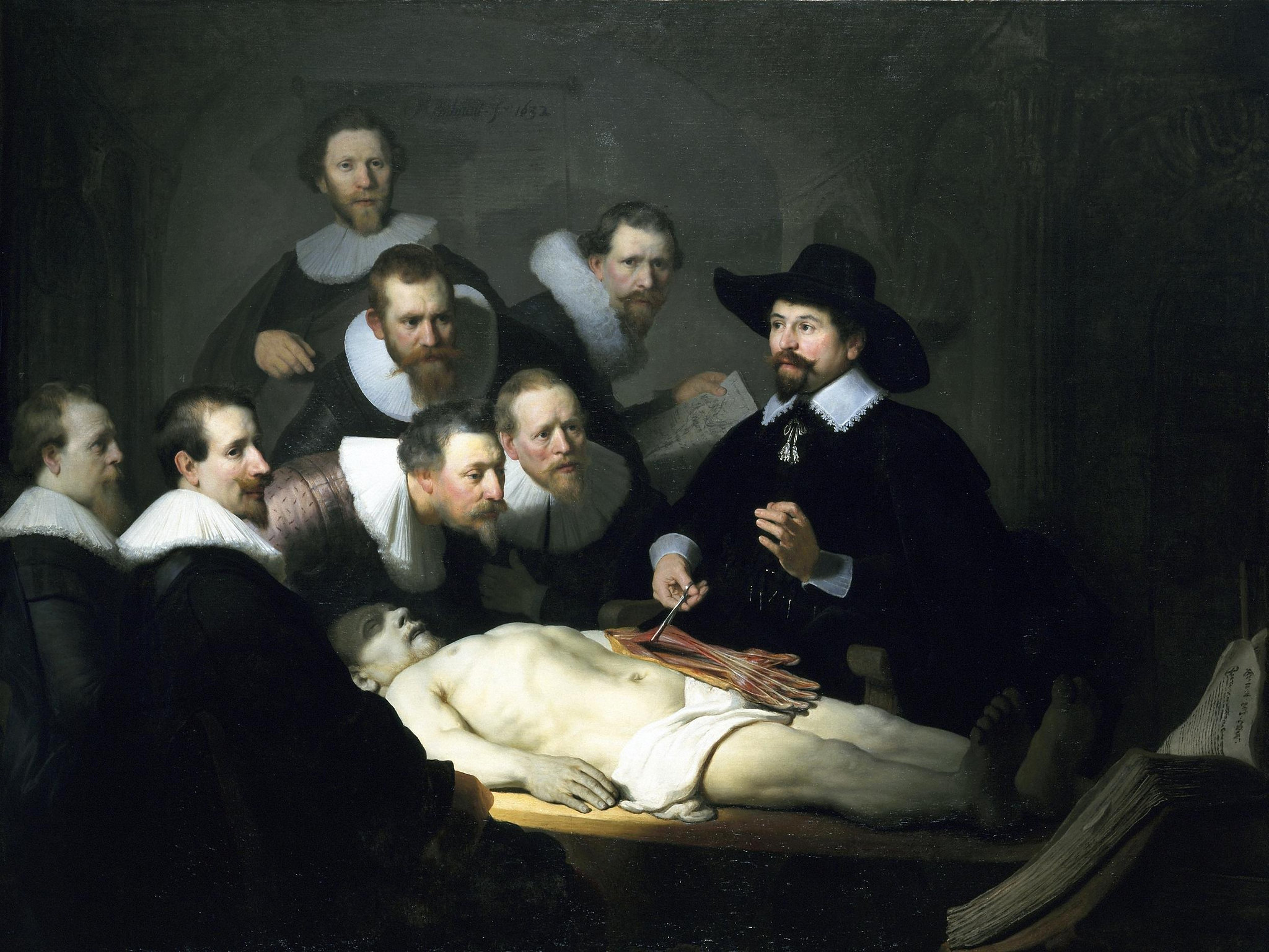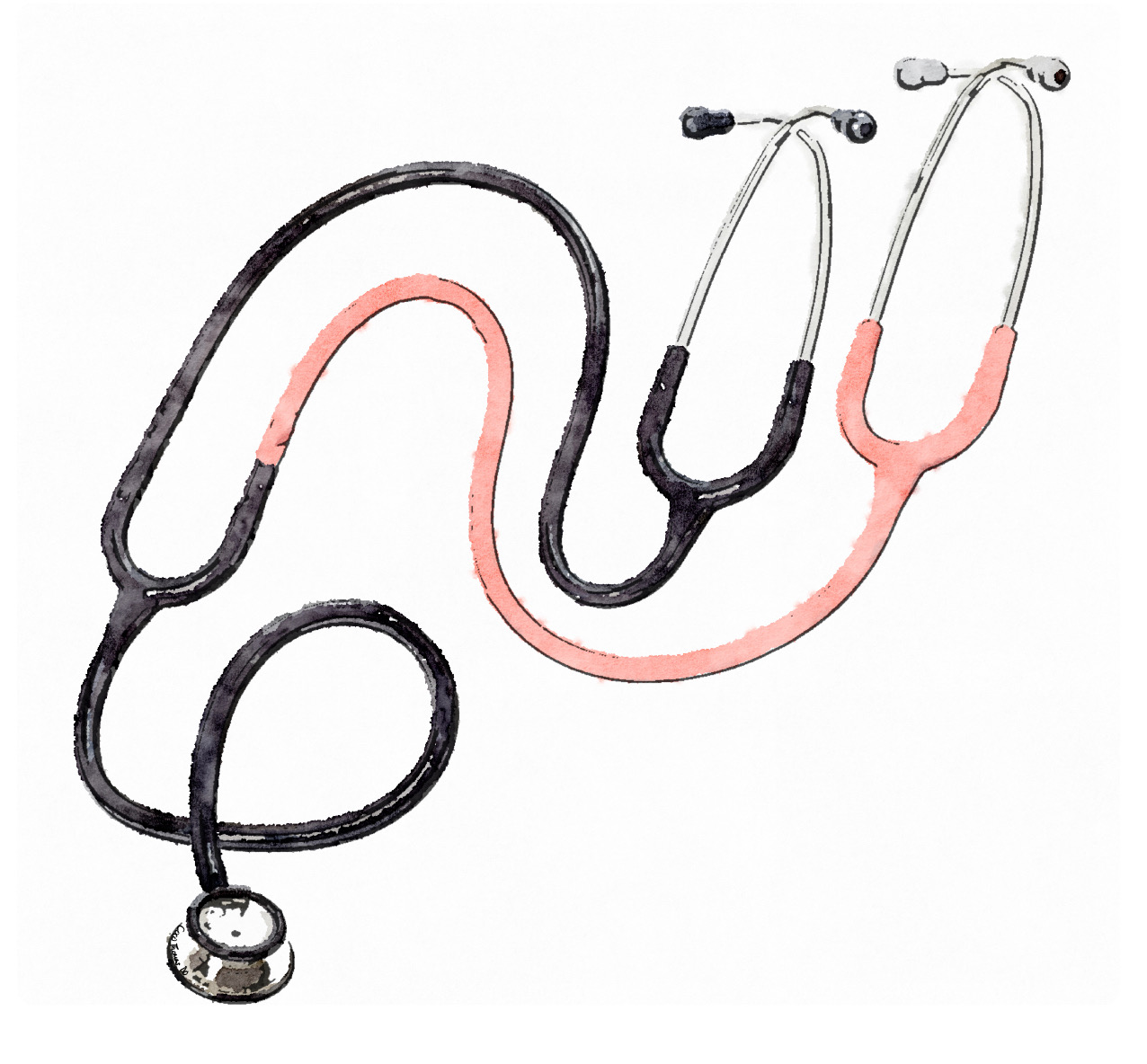Dissecting Anatomy Lab: The Lifecycle of Anatomy Instruction
It is the day before the first anatomy lab for the first-year medical students, and a single professor walks alone, up and down rows of tables laden with 26 naked, embalmed bodies. He silently shares a few minutes with the donors, a private thank-you. Soon the donors will be covered in white sheets, and the students will tentatively spill through the locked wooden doors of the labs, a rush of anticipation, teamwork, questions and learning.

